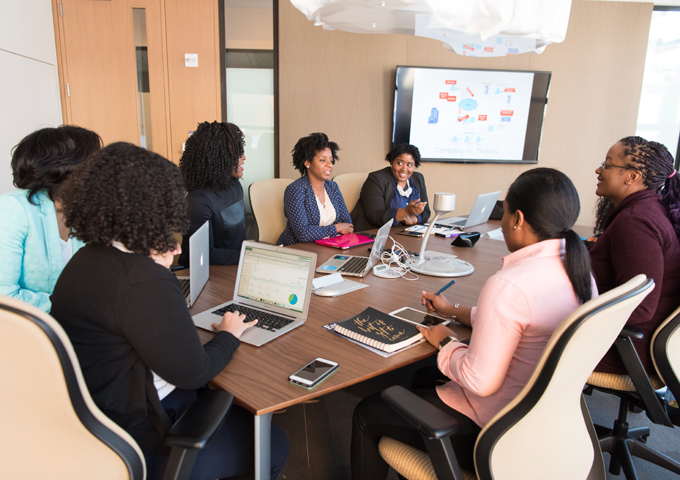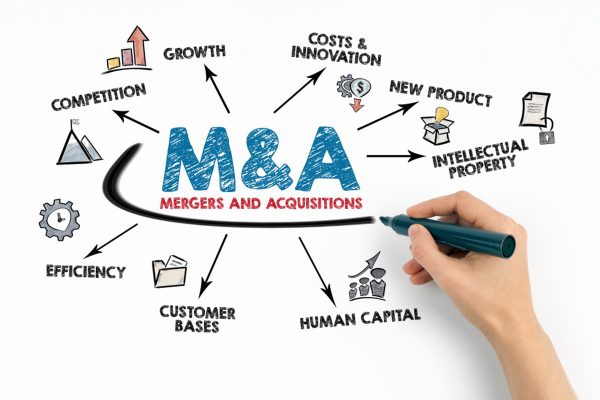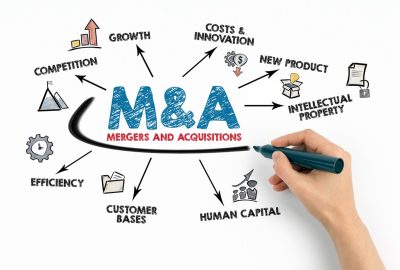How Does HR Impact Company Culture?

HR has a huge impact on the overall company culture. It plays a huge role when it comes to ensuring that the culture of any organization remains relevant. Note that, corporate culture is not fixed. Rather, it continues evolving, thanks to workplace norms, demographics, industry forces, and much more. You can measure your organization’s culture in its current state and use this information for any future improvements.
Note that, you can now use pulse engagement and various feedback tools to understand cultural issues in any group, each passing week. Keep in mind that your corporate culture will influence everything including morale, productivity, brand reputation, and engagement. HR leaders need to recognize the impact of organizational culture on the bottom line. They also need to identify the right steps for the business to evaluate how the culture is performing.
The Dynamics Of Organizational Culture
Keep in mind that the organization’s culture is usually reflected on multiple levels of the business. It is visible in the various work styles that define your team’s daily approach to projects. It can also be seen in how the management interacts with the staff. The overall enterprise culture can be conservative, hyperfocused, team-driven, collaborative, and have numerous other characteristics. Note that, companies that have positive cultures always have outstanding performance. Their profits and productivity levels are always better than those without an organizational culture.
HR leaders need to consider the following factors.
- You can measure the culture of any organization and use the results to gauge engagement and workforce effectiveness.
- HR leaders often have a direct impact on the culture of the company.
- Company cultures may change and are often moulded by different factors.
Therefore, if you are looking for a way to confirm whether the culture of your organization is evolving, you can evaluate it and change the trajectory in the following ways.
Changing Demographics
Different generations have varying expectations and desires when it comes to a specific organization’s culture. In any business, you are likely going to find at least 4 generations working together. However, millennials are becoming more prominent in the organization as the baby boomers start retiring. As such, HR talent leaders must evaluate every generation’s expectations and change the organizational culture accordingly.
They need to determine whether the current values resonate with the employees. HR leaders need to evaluate whether the current workplace is strong and whether or not to incorporate new programs such as increased mentorship.
Industry Trends
Remember, the culture of any organization doesn’t exist in a vacuum. The leadership sets the tone but may be affected by various external agents such as political factors, changing norms in the workplace, a tight job market, a shortage of skilled labour, and much more.
HR leaders need to look closely at any industry trends that have a part to play in the culture of the organization. For instance, remote work is becoming increasingly popular. Therefore, it may be time to adopt flexible schedules for the best results.
New Technology
With companies becoming more global, teams must work across different time zones, geographies, and cultures. As such, collaborative tools play a larger role in the conversation. If you are lagging behind when it comes to using technology to support your culture, you need to find a way to make sure the technology aligns.
Employee Engagement
How engaged are the employees? By measuring your employee engagement you will find out how effective the culture is. If they are engaged, they will be more connected to the mission and eventually more productive. If there is low engagement from your employees, you need to look at what areas need to change such as improving management style and clarifying your purpose.





0